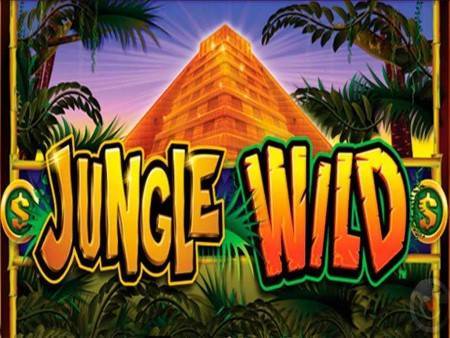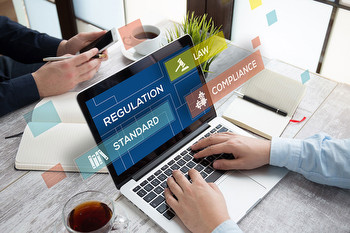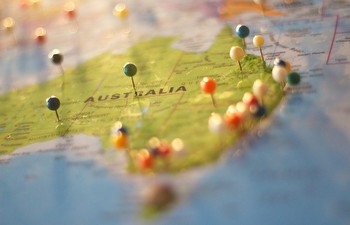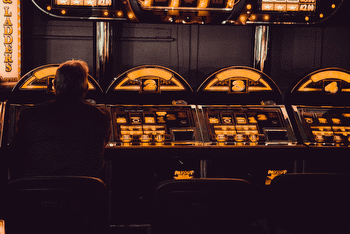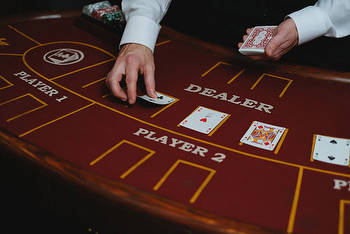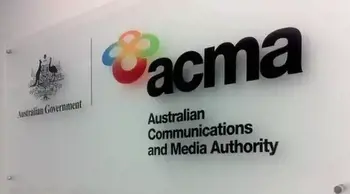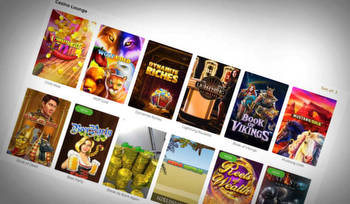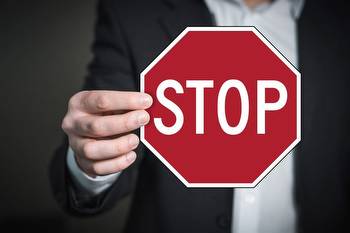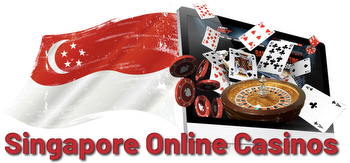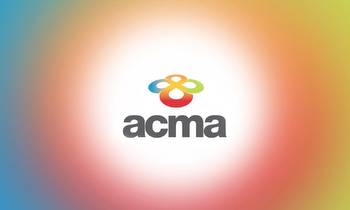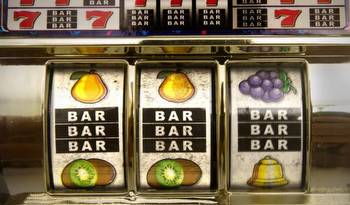Online experts say National's casino crackdown won't work

The much-anticipated tax plan, released on Wednesday, is the centrepiece of the party’s election policies which finance spokesperson Nicola Willis says will fund tax relief without worsening high inflation rates. But Labour claims the figures don’t stack up, the tax take is $130 million overestimated, and that National would not be able to set up a new regulatory system by next year.
The party is relying on tax from casino gambling, a user-pays immigration levy, a tax on foreign buyers, and ending the commercial building depreciation tax break, to give households an extra $20 to $250 per fortnight through adjusting the tax brackets – a key election promise it is hoping will see it sitting on the Treasury benches after the October 14 general election.
But a number of experts said the policy wouldn’t work because it was easy for consumers to get around geoblocking, and get onto offshore casino websites. It would also be hard to make operators comply.
“You could require websites to block people based on where they are, that is the same thing that Netflix uses to control licensing. But anyone can use a Virtual Private Network (VPN), [and] it will be quite hard to force the companies to comply,” Dr Andrew Chen, a research fellow with Koi Tū - The Centre for Informed Futures at The University of Auckland, said.
“Then we are talking about an internet filter. We have one in New Zealand for child sexual exploitation material. You can still get around it. You need some knowledge but it’s not hard. It’s Google-able.”
As well as this, there was little evidence to suggest the operators would comply with a new regulation system.
Online casinos cannot legally advertise to New Zealanders, but many were flouting the rules and targeting people through social media.
One major operator, Bet 22, used Kiwi cricket great Brendon McCullum in its advertising, suggesting it was directly appealing to a New Zealand audience – many of which picked up the habit during the pandemic lockdowns, Andree Froude, the director of marketing and communications at the Problem Gambling Foundation explained.
The whole system was in need of desperate oversight. But any new regulation needed to be strict to keep consumers safe.
“That is where our concern lies,” she said. “It is a little light on the details.”
On top of those, those providers – once regulated – were likely to have to pay a fee which goes into gambling harm minimisation, but National had not been clear on what this would look like.
InternetNZ chief executive Vivien Maidaborn said blocking and filtering were not effective and easy to get around.
“People who want to get around these blocks can easily do so using a VPN. This is a technology that many New Zealanders have been using when working from home recently,” she said.
“Government mandated content blocking may undermine New Zealanders’ trust in the internet and the government. If the government wants to block or filter the internet, there needs to be very thorough community consultation to understand the risks and unintended consequences.”







